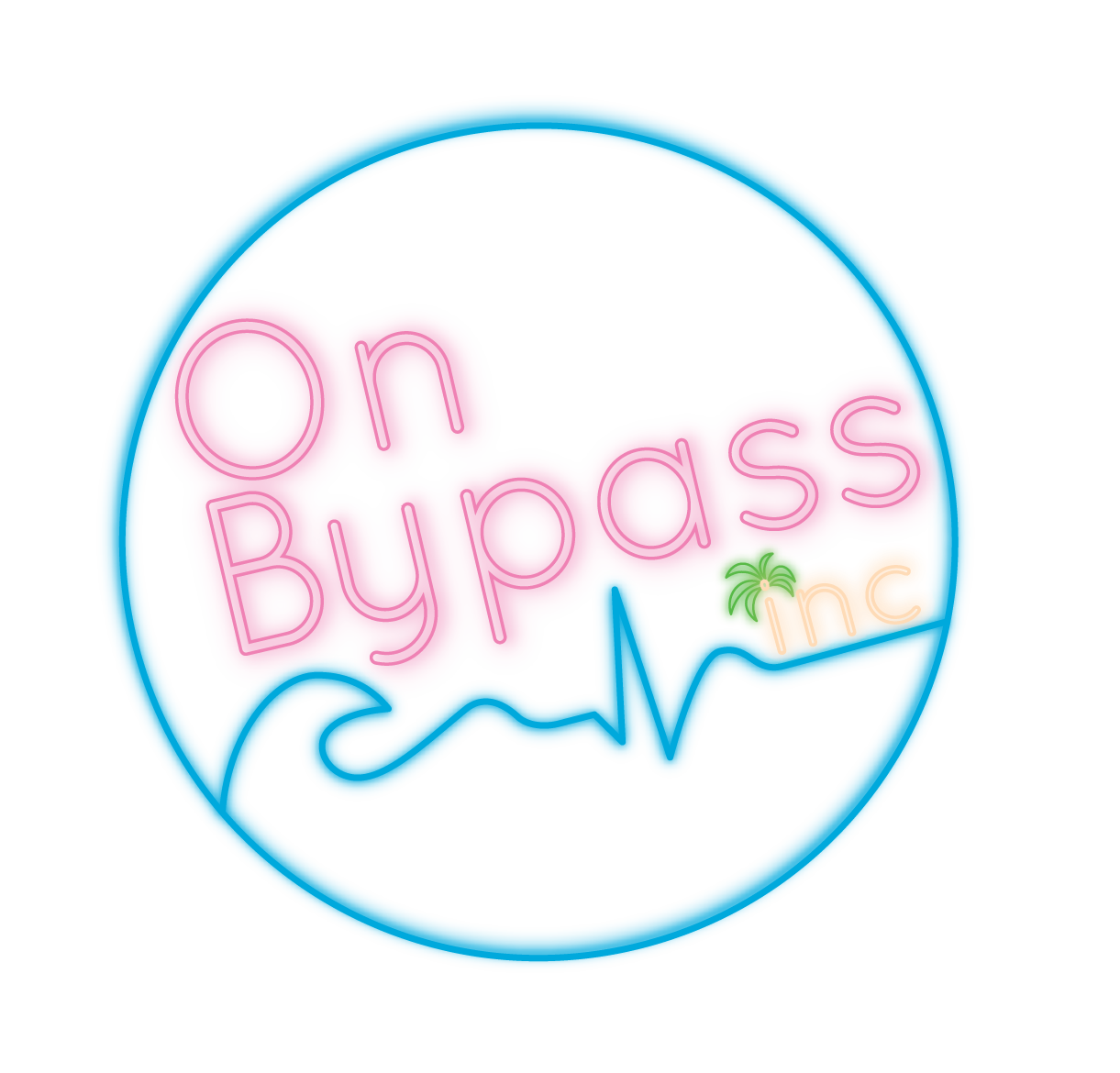What is a Perfusionist?
certified clinical perfusionist
"Your work is going to fill a large part of your life, and the only way to be truly satisfied is to do what you believe is great work. And the only way to do great work is to love what you do. If you haven't found it yet, keep looking. Don't settle. As with all matters of the heart, you'll know when you find it." -Steve Jobs
Introduction:
Our perspective at OnBypass.com is to paint a vivid picture of the Perfusion profession. Doing so makes the health-career inquisitor intrigued with a desire to learn more. Let’s highlight some job qualifications and tastefully go through the generalities to accomplish this.
Qualifications:
Perfusionists are allied-health professionals with training in biology, bioengineering, physiology, cardiology, and cardiac surgery
Their main job is to operate the heart-lung machine during cardiothoracic procedures
Perfusionists hold the title of Certified Clinical Perfusionist (CCP), have at least a Bachelor's degree and background in science, complete a certified training program, and pass the clinical/science board exam
They are required to gain continued education credits annually
Responsibilities:
Perfusionists are one of the first medical personnel in the operating room
They review the patient's medical chart and gather pharmaceuticals for the case before the patient arrives
They set up and prime the heart-lung machine and quality control all ancillary laboratory equipment used in conjunction with it.
They complete a protocol-guided checklist to ensure patient safety
They draw the patient arterial blood for analysis and formulate an effective plan
They manage the patient's blood hemodynamics, temperature, electrolyte balance, coagulation, oxygenation, and volume status
They administer drug reagents and control the patient's level of anesthesia under physician supervision
They halt and maintain cardiac stasis by administering solutions directly to the patient's heart
They are responsible for follow-up care and patient/family education
Procedures:
Perfusionists are involved with a variety of cardiac procedures, including but not limited to:
Coronary artery bypass grafts (CABG) & Off-pump coronary artery bypass grafts (OPCAB)
Valve repairs/replacements (Aortic, Mitral, Pulmonic, Tricuspid; AVR, MVR, PVR, TVR, respectively)
Repair of great vessel aneurysms/dissections
Heart transplants
Cardiac reconstructions
Repair of congenital heart defects
Transcatheter aortic valve repairs (TAVR)
Extracorporeal membrane oxygenation (ECMO)
Mechanical heart implantation/maintenance
Intra aortic balloon pump (IABP)
Miscellaneous procedures that require stasis of the heart (i.e., tumor removal & cardiac trauma)
Perfusionists are also involved with procedures outside of the cardiac realm, including but not limited to:
Hyperthermic Intraperitoneal Chemotherapy
Lung transplants
Liver transplants
Isolated limb perfusion
Cryogenics
Orthopedic autotransfusion collection
Skills:
Perfusionists have a blend of innate and acquired attributes, including but not limited to:
Mechanical/Engineering critical thinking skills
Laboratory analysis
Ability to maintain emotional composure under stressful situations
Proficiency with computers and data entry
Intrapersonal/Adaptability skills for evolving environments
Passion for medicine and drive to remain current with evolving techniques
Leadership skills
Salary:
Depending on demographic location and facility dynamics, Perfusionists can expect to earn between 90-120k
As experience and chain-of-command increase, earnings can rise to 175k+

